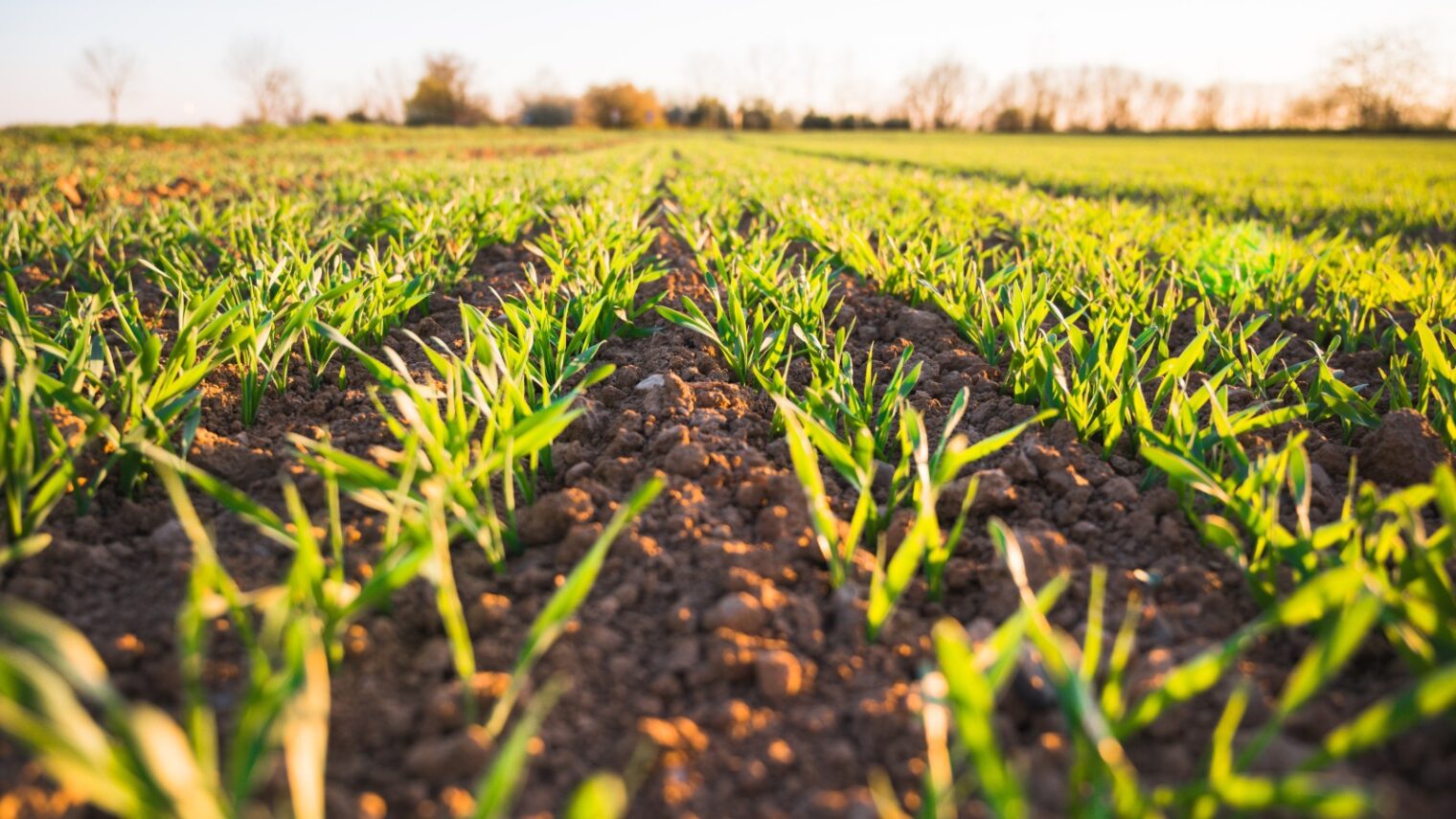Israel is actively seeking to increase its wheat production to reduce dependency on imports, as the country grapples with fluctuating global grain prices and supply chain challenges. The Ministry of Agriculture has initiated several measures aimed at boosting domestic wheat cultivation, including encouraging farmers to adopt advanced agricultural techniques and improve irrigation practices.
Despite recent increases in production, Israel still relies heavily on imports, with forecasts suggesting imports could reach **1.7 million tonnes** for the upcoming marketing year. This push for self-sufficiency is part of a broader strategy to enhance food security amid ongoing geopolitical tensions and climate-related challenges.
Citations:
[1] https://www.world-grain.com/articles/15023-israels-wheat-production-ticks-up
[2] https://agriexchange.apeda.gov.in/MarketReport/Reports/Grain%20and%20Feed%20Annual_Tel%20Aviv_Israel_IS2023-0003.pdf
[3] https://fas.usda.gov/data/israel-grain-and-feed-annual-8
[4] https://tradingeconomics.com/israel/cereal-yield-kg-per-hectare-wb-data.html
[5] https://www.iatp.org/agricultural-trade-standards-within-ipef
[6] https://en.shanghai.gov.cn/nw48081/20230908/fb4c48b7939f4329b37d33cc4f91dd57.html
[7] https://www.elibrary.imf.org/view/book/9781484339749/ch006.xml
[8] https://investinchina.chinadaily.com.cn/s/202309/07/WS64f96f8d498ed2d7b7e9a60b/tesla-shanghai-factory-achieves-milestone-with-2m-cars-produced.html

